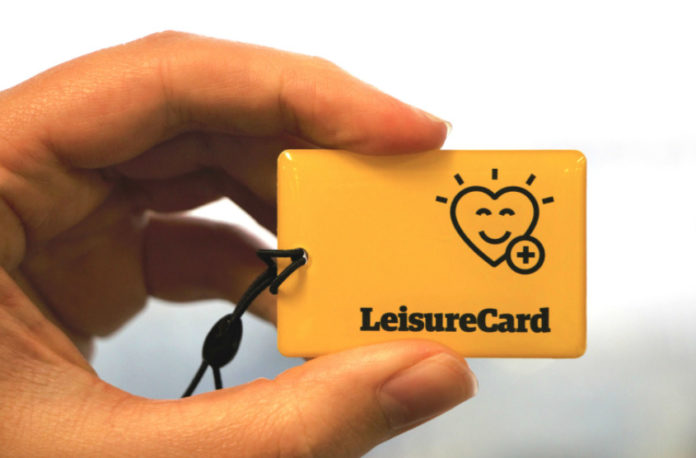Wellington City Council’s Leisure Card programme has taken out the Outstanding Community Recreation Programme Award at the Recreation Aotearoa awards.
The award recognises the work done by Wellington City Council to make recreation and physical activity accessible for everyone in Wellington.
Through the programme, Wellington City Council partners with over 30 community organisations to enable and support nearly 3000 Leisure Card members to get active and improve their quality of life.
Councillor Fleur Fitzsimons said Council was delighted to receive the award.
“It reflects the hard work of a number of Council officers and partner organisations who have been dedicated to make this programme better and more inclusive for all Wellingtonians,” she said.
“At its heart the Leisure Card is about ensuring universal and equitable access to sport and recreation – making sure no one misses out.
“As the programme has evolved over the last two years, it has become less of a Wellington City Council programme and more of a community-led programme, developed with, for and by the communities it seeks to empower and support,” Cr Fitzsimons says.
Leisure Card members get discounted access to Council’s facilities, Wellington Zoo and Zealandia, as well as access to support, advice and opportunities to get active.
Leisure Card opportunities have included fully subsidised Women’s Only Swimming Lessons sponsored by Z Energy, access to clothing and equipment through the City Mission Community Sports Bank, free days at the Zoo for former refugee families supported by Change Makers, a whānau pool party with the Salvation Army, and a Leisure Card team competing in the Nuku Ora Round the Bays supported by Spectrum Health and D-Sport.
Parks, Sport and Recreation Manager, Paul Andrews says the Leisure Card programme was a great example of how councils can partner with other organisations to meaningfully impact the lives of communities in need.
“While most councils provide discounts or concessions for community services card holders, we are not aware of anyone else who has taken a similar partnership-centric approach that responds to the range of barriers to accessing recreation, not just cost,” he said.



